Kombucha Yarn Gallery
Kombucha Yarn process photos.






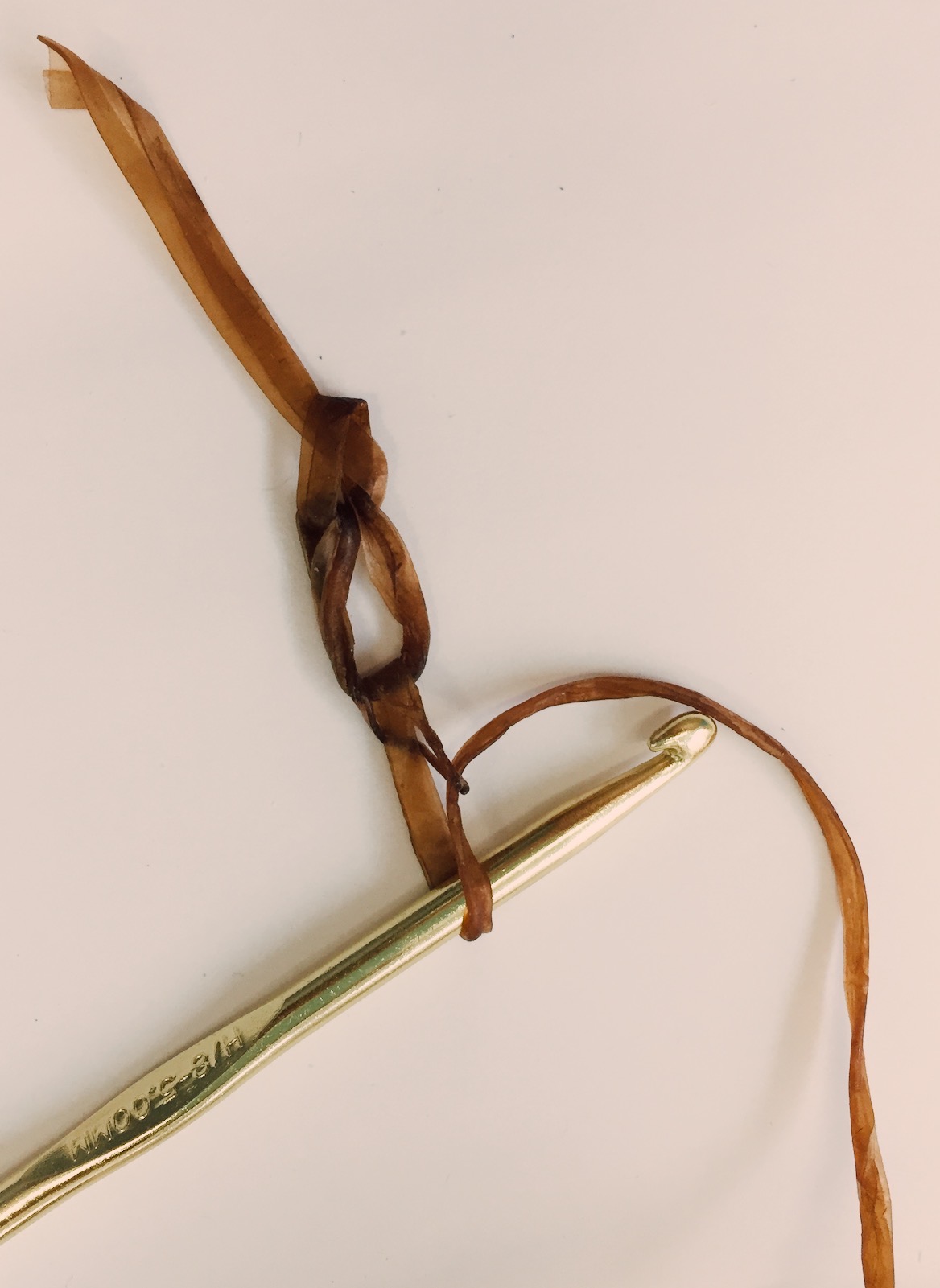
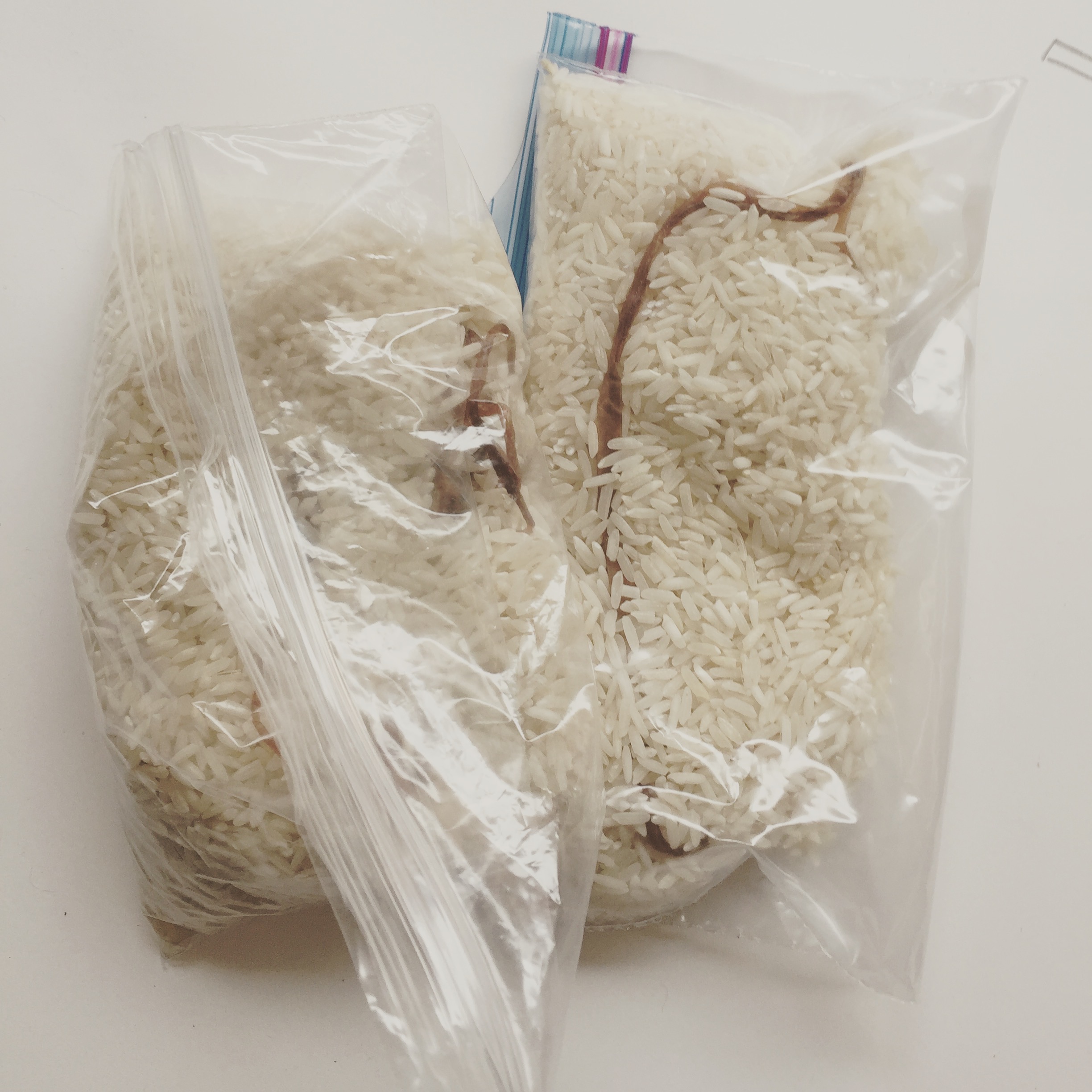
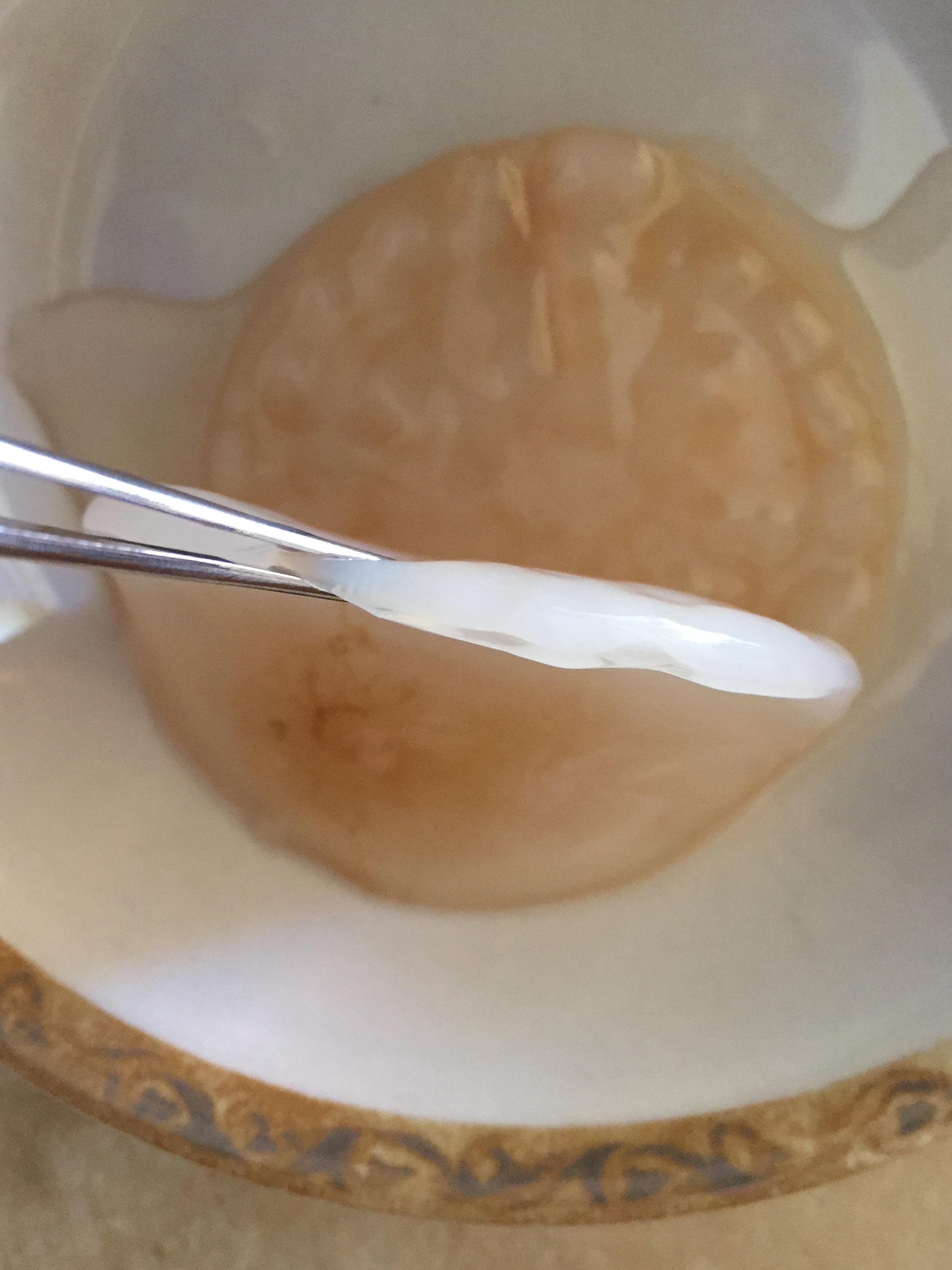
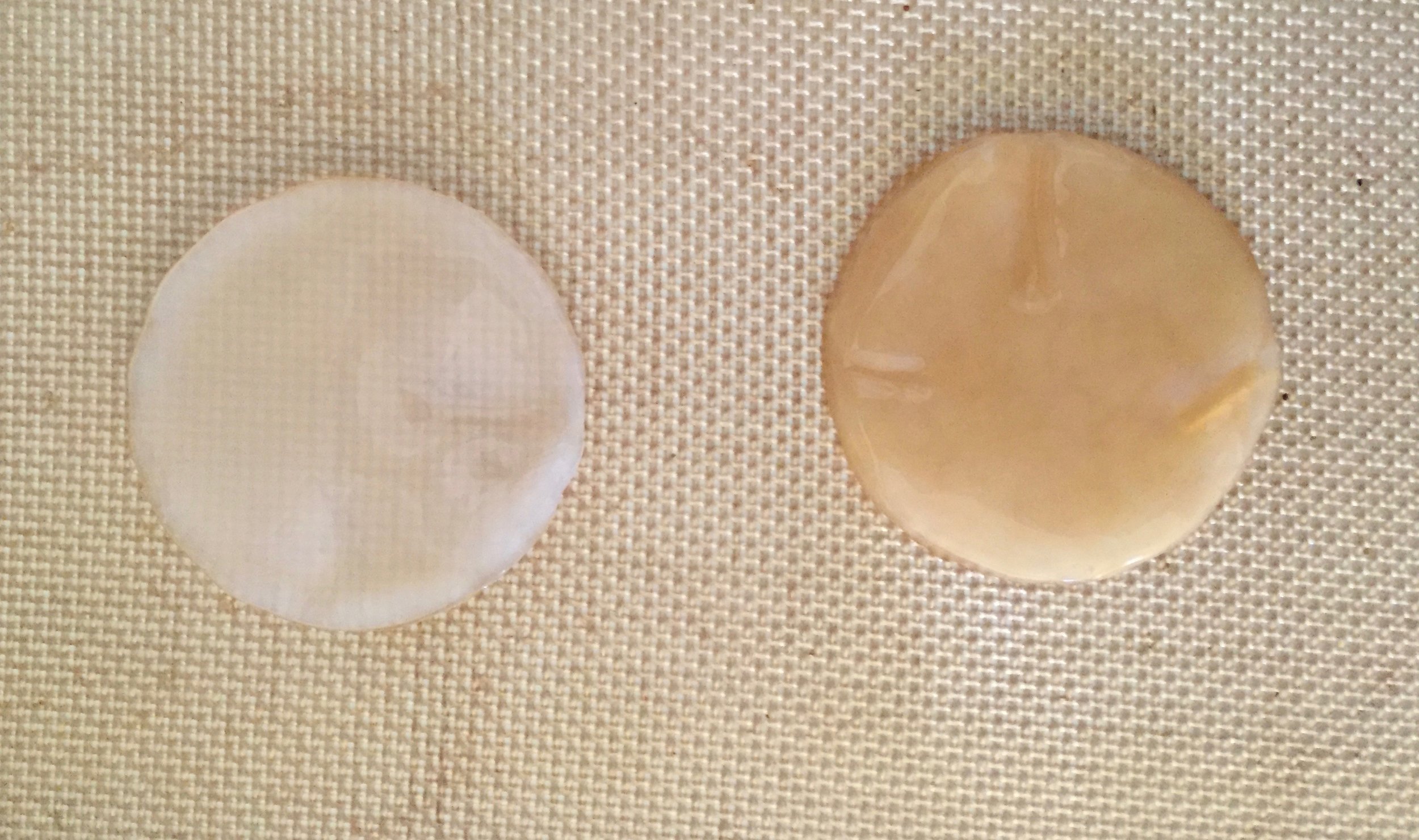
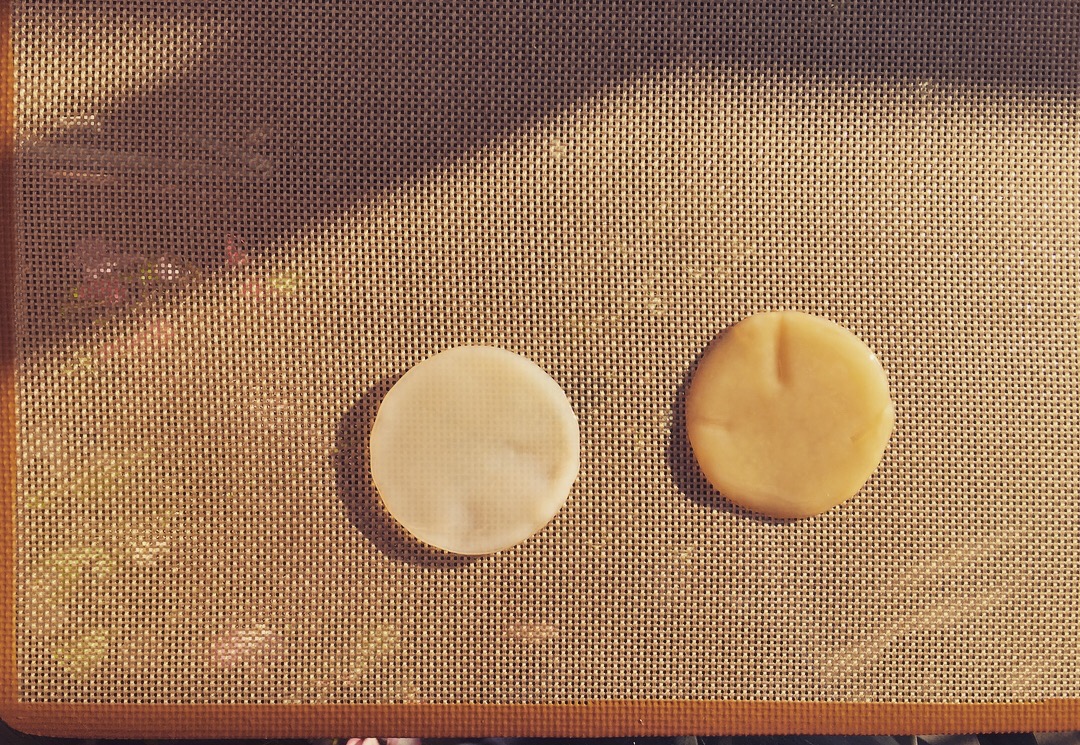


Kombucha paper supplied by artist, Nikki Romanello, during her Kombucha Paper Making course at Genspace. This paper is made from dried cellulose aggregates known as SCOBY (Symbiotic Culture of Bacteria and Yeast).
Kombucha paper supplied by artist, Nikki Romanello, during her Kombucha Paper Making course at Genspace. This paper is made from dried cellulose aggregates known as SCOBY (Symbiotic Culture of Bacteria and Yeast). It was then painted by me with Crayola paint.
By rolling and folding the kombucha paper, I was able to create a material that is similar to yarn. Top: Rolled Technique Bottom: Folded Technique
By rolling and folding the kombucha paper, I was able to create a material that is similar to yarn. Top: Rolled Technique Bottom: Folded Technique
Though smoother and easy to manipulate,the rolled kombucha yarn maintains its tackiness.
Though much more difficult to pull apart than the rolled version, the truncated edges made it difficult to get a tight and even stitch. Like origami folds, I suspect that with increased pleats, a more pliable yarn will be achieved.
To assist with drying, I placed the kombucha yarn into bags of rice.
After two weeks of growing, I harvested my first SCOBY. It was really great watching the strands move up and create the mat. It was so thick, I was able to separate my rounds into two "sheets." This photo shows the separation of the two layers.
After two weeks of growing, I harvested my first SCOBY. It was really great watching the strands move up and create the mat. It was so thick, I was able to separate my rounds into two "sheets." This photo shows the two separate layers. The uppermost layer is on the left, and the bottom layer on the right.
After two weeks of growing, I harvested my first SCOBY. It was really great watching the strands move up and create the mat. It was so thick, I was able to separate my rounds into two "sheets." This photo shows the two separate sheets, which were dried on my terrace for a period of twelve hours.
This photo shows the two separate sheets, which were dried on a silicone baking sheet on my terrace for a period of twelve hours. At six o'clock in the evening, I flipped the material.
By folding the 0.25" wide piece of kombucha paper eight times, I was able to get a tighter, more pliable, and stronger yarn than the twice-folded kombucha yarn.
Kombucha Yarn process photos.